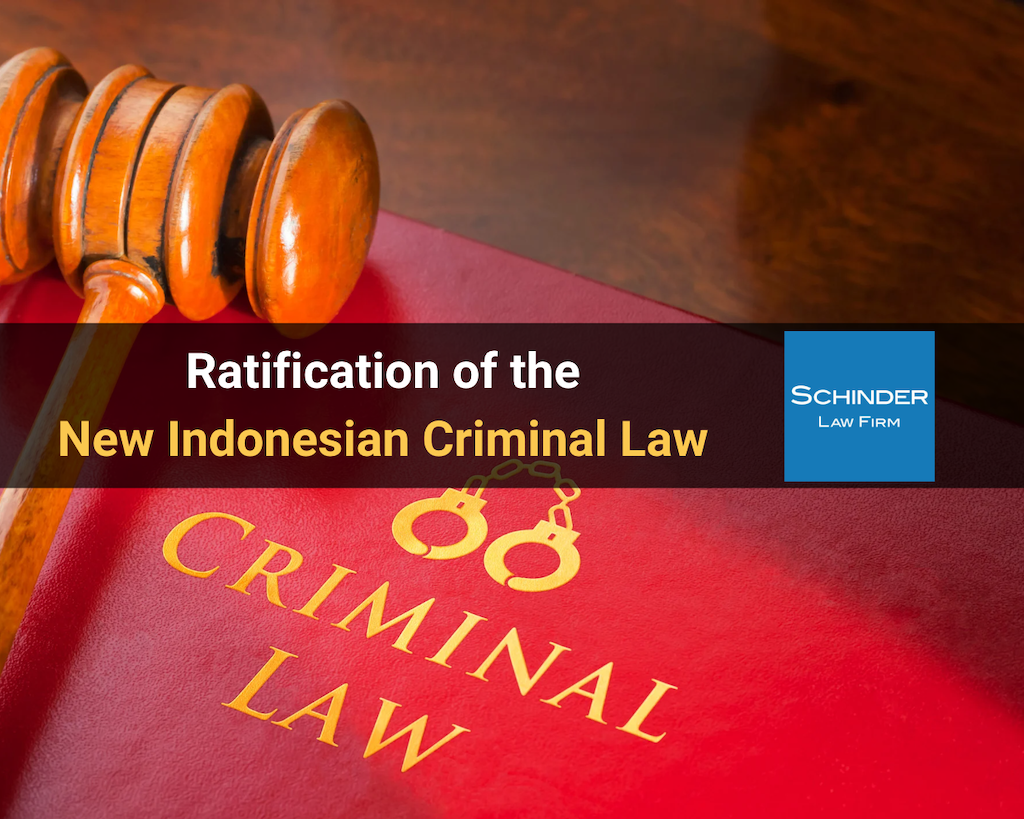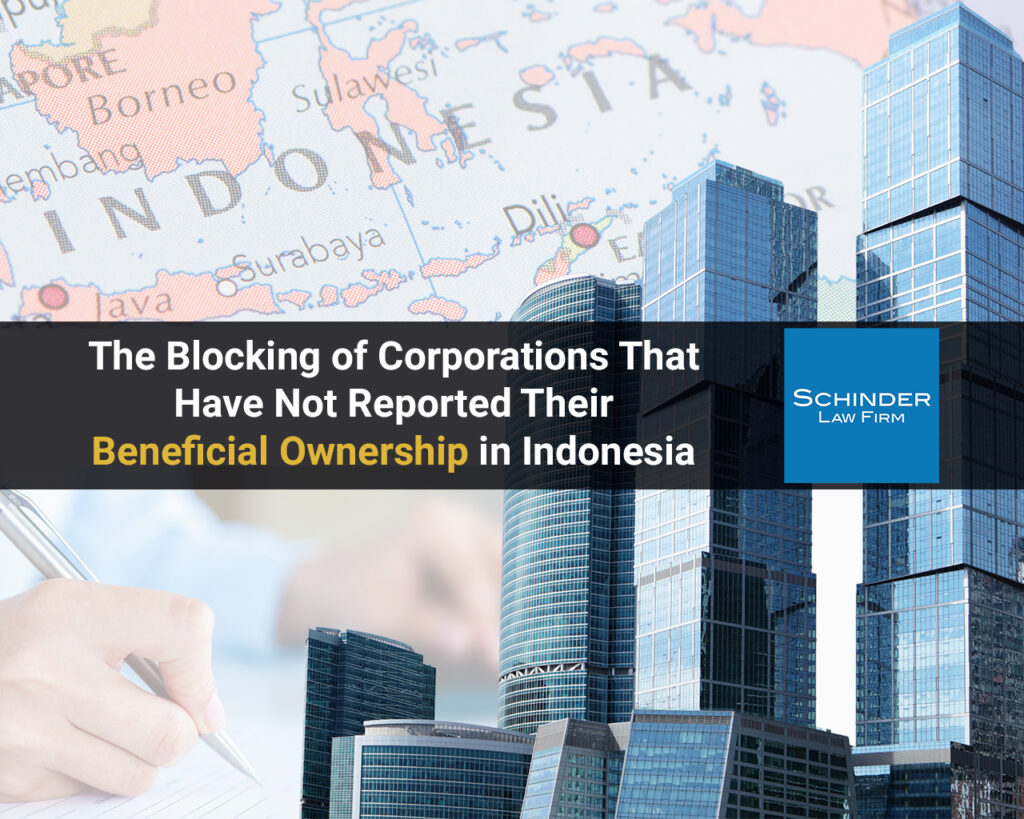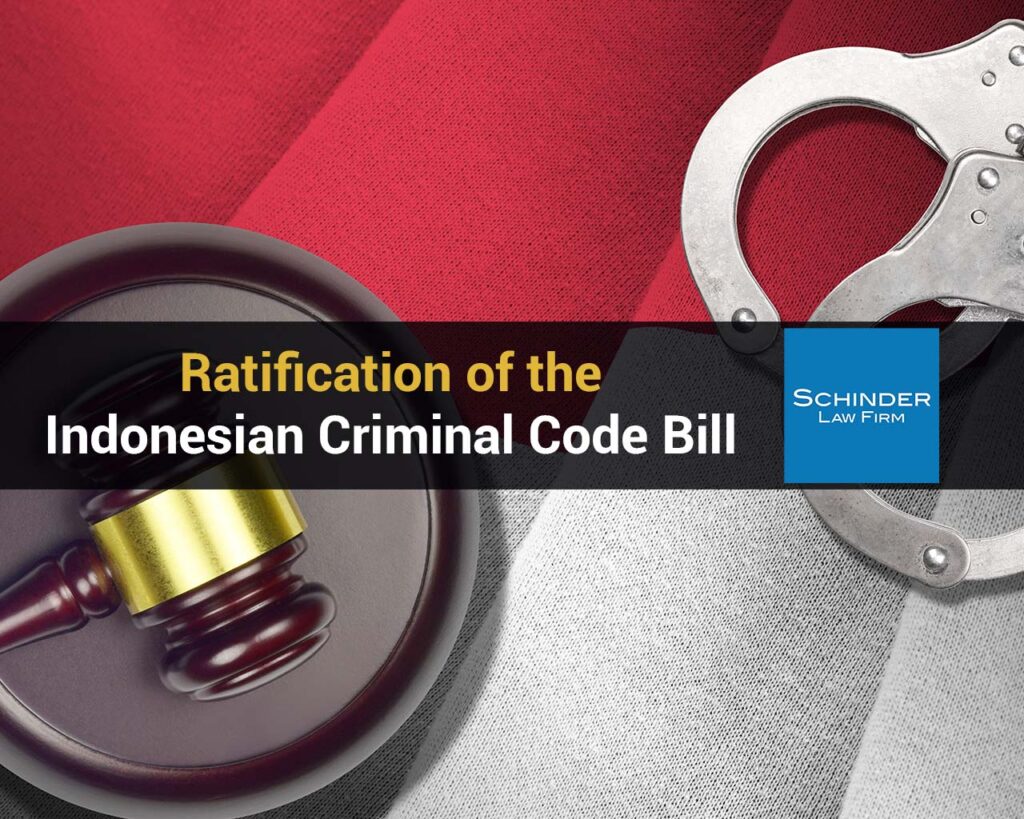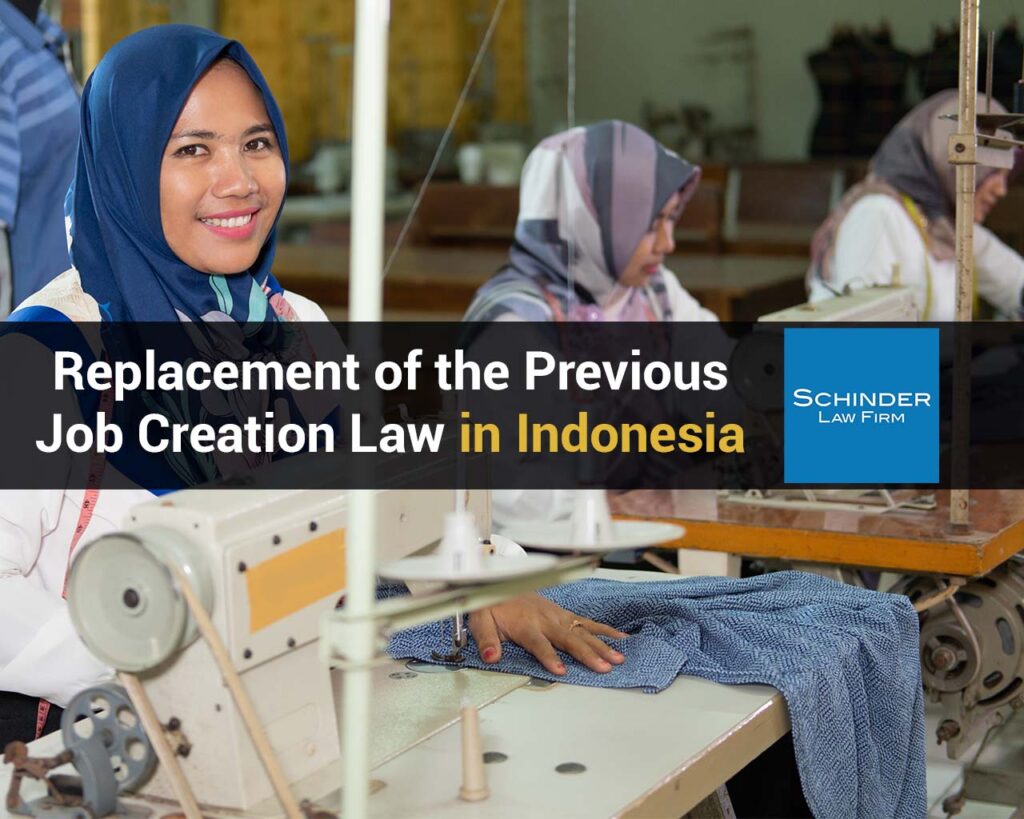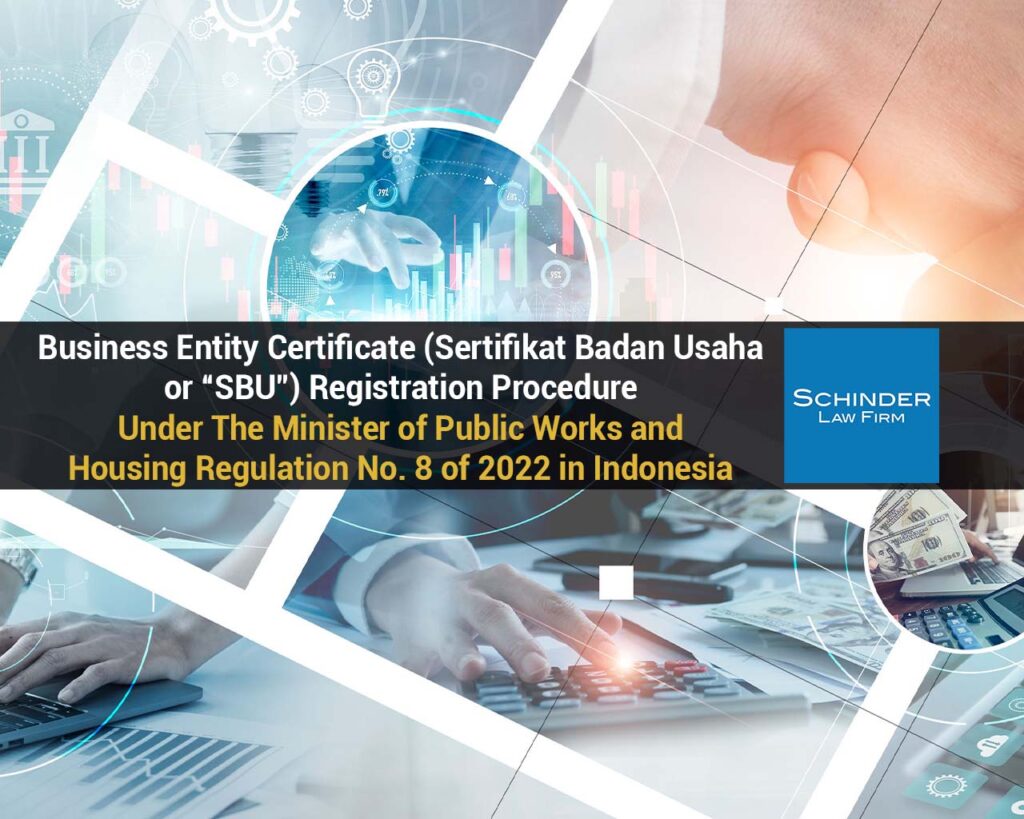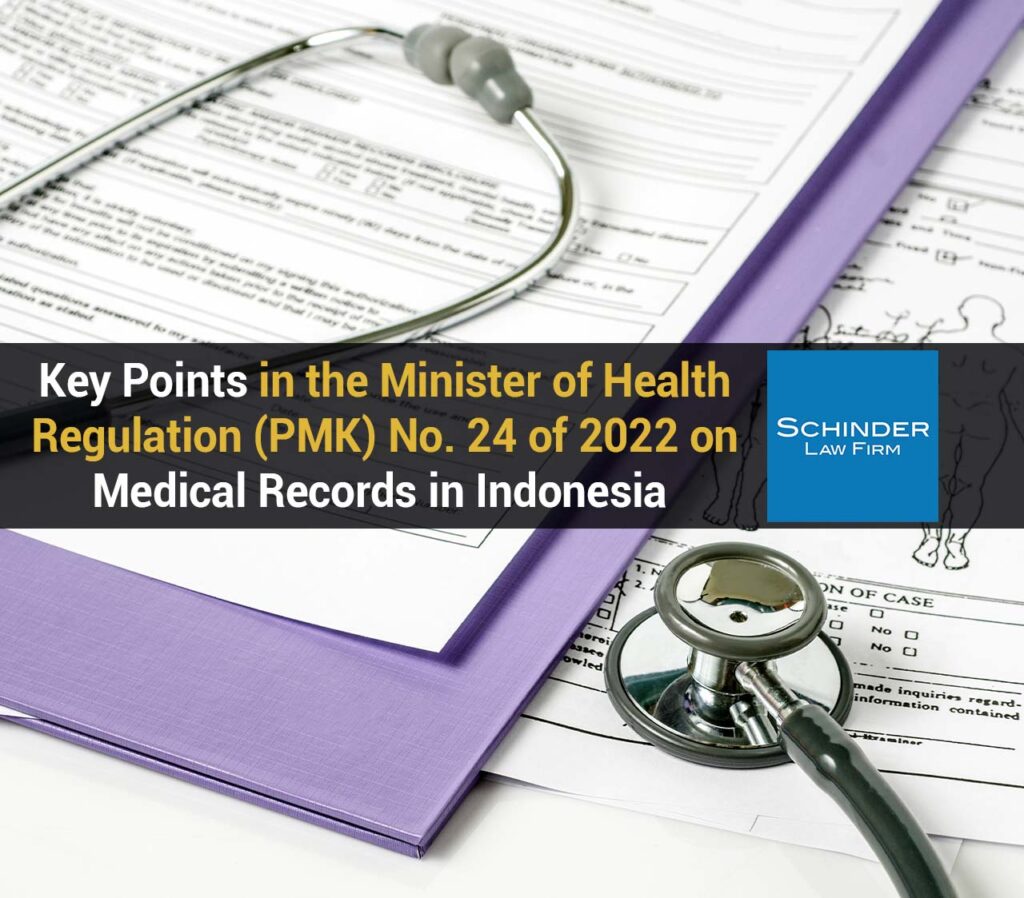Ratification of the New Indonesia Criminal Law
On 2nd January 2023, the Indonesian Criminal Code was finally ratified into Law Number 1 of 2023 concerning regulation in Indonesia (“Law 1/2023”). The objective of enacting Law 1/2023 is to replace Law Number 1 of 1946 concerning Criminal Regulation (“Law 1/1946”), which was notable as the colonial Criminal Code. Article 622 Paragraph (1) of Law 1/2023 stipulates that after the Law 1/2023 comes into effect, Law 1/1946 shall be revoked. The ratification of Law 1/2023 marks the beginning of the transition to the new era of Indonesian criminal law.
Ratification of the New Indonesia Criminal Law Read More »
